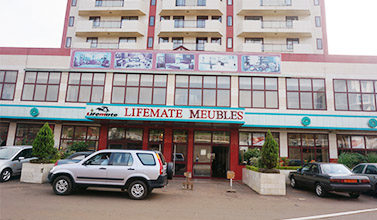www.dataroomapps.com/what-documents-does-a-data-room-contain/
Due diligence is an essential step to assess risks and make informed decisions regardless of whether you’re purchasing an investment property, buying a business, or bringing on an employee for the first time. There are various types of due diligence, that differ in their focus on specific numbers as well as legalities and other aspects.
Hard due diligence On the other hand, is concerned about the data and numbers in financial statements. This can include analyzing accounting records as well as the use of financial ratios and projections of cash flows to the future. Also, it examines inventory, capital expenditure, and sales history. Verifying and cross-referencing the documents is a great method to make sure that this information is accurate. This can be accomplished by professionals.
Operational due diligence is a deep examination of the company’s operation including management structure, legal issues and potential for growth. It looks at the current state of a company and determines if it aligns with an acquirer’s strategic goals. This kind of due diligence also considers potential pitfalls like the impact a sale might have on existing customers and employees.
Legal due diligence analyzes contracts, licensing, and the history of litigation to make sure that a business is adhering to legal requirements and is risk-free. This type of due diligence is best performed by an outside law firm or lawyer(opens in a new tab). This will keep buyers from revealing information that could lead the loss of a deal or unforeseen liabilities after the transaction is concluded.







Leave a Comments